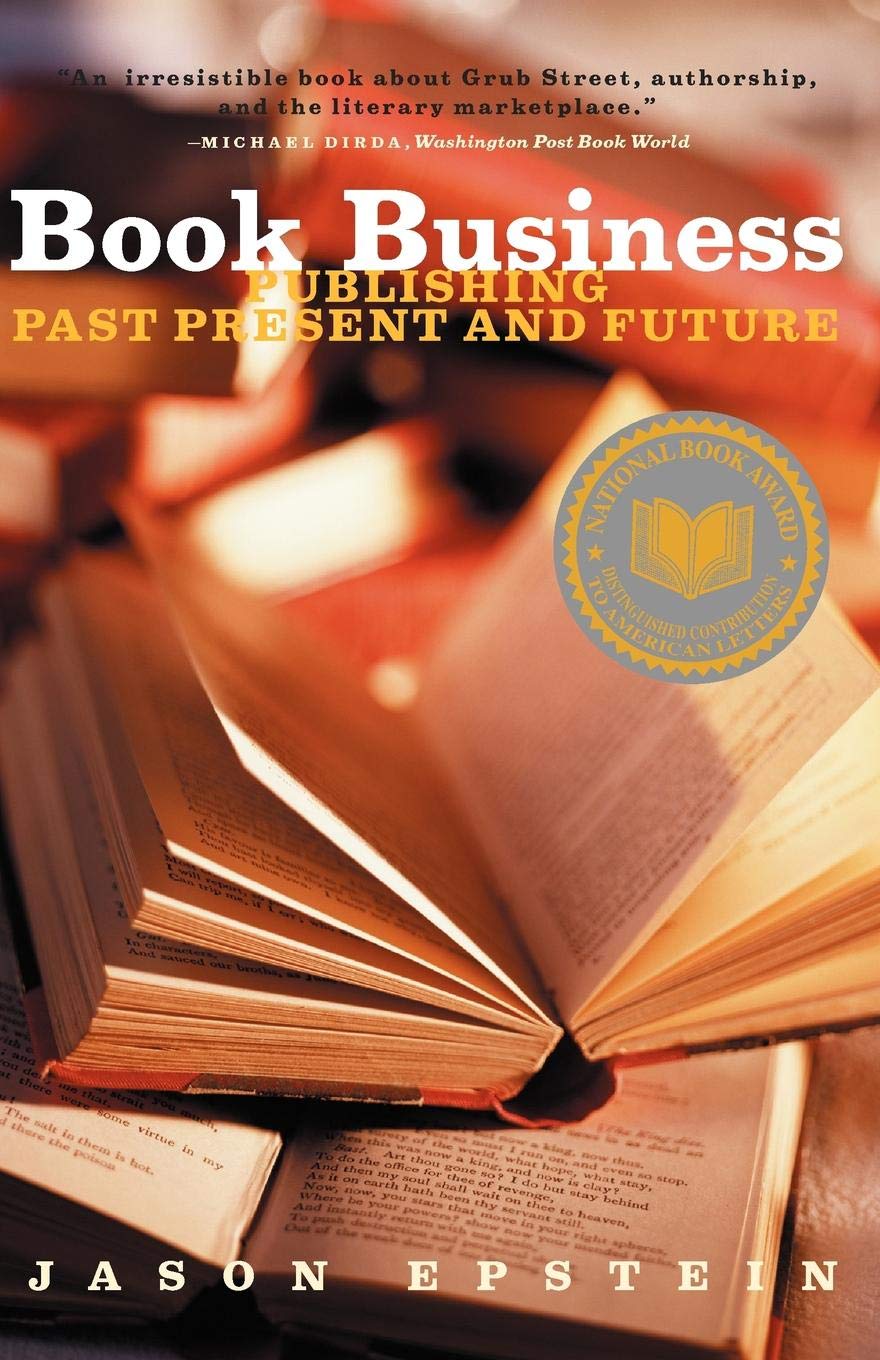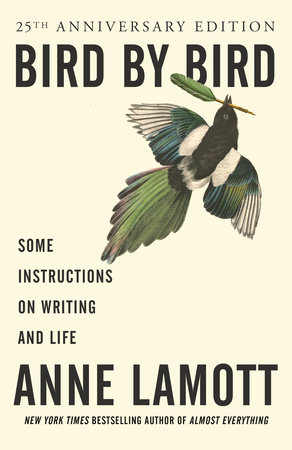Are you interested in a publishing career? There’s more to the industry than screening submissions and marking up manuscripts.
Four Middlebury alumni who have worked as editors, agents, reporters, and writers shared their insight into the multi-faceted world of publishing. They opened up about the most relevant trade publications worth following, their best advice for interviews, and getting the most out of any experience.
Isabelle Bleecker ’88, Founding Agent, Nordlyset Literary Agency
Krista Karlson ’17, Managing Editor, Active Interest Media
Peter Knobler ’68, Writer
Carolyn Kuebler ’90, Editor, New England Review
I asked Isabelle, Krista, Peter, and Carolyn about the the best strategies for entering and succeeding in the field. Take a look at their tips!
Hannah: What trade publications should students follow to understand the current trends?
Carolyn: Literary Hub and Publishers Weekly
Isabelle: Publishers Weekly is the best for the American market and The Bookseller for the UK. Both also have free daily newsletters. Online, Publishers Marketplace is a terrific resource for jobs. Also, Michael Shatzkin has a blog about changes in the industry. And last, Shelf Awareness is a free e-newsletter primarily for booksellers but with some industry news.
Krista: Columbia Journalism Review and the New York Times media column
Hannah: What books should students read regarding the history and future of the industry?

Carolyn: If you really want to dig deep into literary magazines more specifically, there are some really interesting books on the subject: The Little Magazine in America (1979), The Little Magazine in Contemporary America (2015), Paper Dreams (2013)–there are others!

Isabelle: Andre Shiffrin’s The Business of Books and Jason Epstein’s Book Business. Though both are a bit old now and lament the loss of a more golden time, they give some lively history and are by great editors. I don’t think there’s any book that describes what’s going on now well, especially the growth of the self-publishing and electronic and audio books. For the future of the industry trade magazines are better.

Krista: It really depends what your goal is. Letters to a Young Journalist by Samuel Freedman is decently helpful for people who want to work at a newspaper, although somewhat outdated since the media landscape has since changed dramatically. Congratulations, Who Are You Again? by Harrison Scott Key is good for people who want to write a nonfiction book or to freelance. Bird by Bird by Anne Lamott is meant for novelists but has some good, transferable advice that could apply to freelance journalists.
Hannah: What are some digital/technical skills you look for in entry-level candidates?
Carolyn: While we don’t expect everyone to have experience working with the same programs we work with, we do like to see a demonstrated ability and interest in learning new technologies. Software we use includes the usual Office suite; some Adobe programs, like InDesign, Photoshop, etc.; and website publishing, such as WordPress. More and more we’re interested in audio editing experience, too. As for editorial work, a familiarity with the Chicago Manual of Style is nice, but not expected, for newcomers. For being a manuscript reader, participation in creative workshops is helpful.
Isabelle: The general Microsoft Office software set–Word and a familiarity with how to use the review tab is helpful. Excel, for the business side of things. It’s helpful to have some database experience as there’s a lot of data on the nuts-and-bolts side of the business. It may seem obvious, but if you want to be in the book business, first and foremost you need to be a reader. Ideally of the genre in which you want to work. And the more, the better.
Hannah: Do you have an interview dos or don’ts?
Peter: It’s most effective to be direct and candid. I try to control the impulse to be crafty; the most productive interviews I ever gave or took were undisrupted by calculation or doubt. Say what you’ve got to say; if your interviewer doesn’t want the person you are, you’re best not to waste your time at that job.
Isabelle: Be ready to talk about what you’re reading and to pitch a book (depending on what you’re going for). Present yourself as a problem solver. And in looking at job listings, think beyond editorial. There are lots of great opportunities in book publishing in sales, marketing, publicity, subsidiary rights. I started out in editorial and production and then moved to selling subsidiary rights–this is the business side of publishing and it entails licensing book content to other publishers, which earns money for the publishers and authors beyond book sales. Becoming an agent is a great combination of those experiences–I develop projects with my authors and also sell their book rights to print and audio publishers around the world, as well as for film and TV rights, among other rights. It’s dealmaking and creative work that makes every day stimulating.
Hannah: What is one key to success in the industry?
Krista: Persistence. You’re going to receive a lot of rejection. This was really hard for me to adjust to at first. It’s not personal. The more you push through rejection and learn from it, the more rewarding it will be when you have a success.
Carolyn: Willingness to try your hand at marketing or other areas of publishing, even if what really drives you is editorial acquisition and content shaping.
Isabelle: Publishing is not a well paid industry, but there is rarely a dull day or dull colleagues and that makes it very satisfying in the long term. It does often demand long hours and a willingness to jump in and take more things on. Putting in extra time can lead to success. Also, be deliberate in your choices. Aim to work for a publisher–or website, or news outlet–whose publications you really admire and can support.
Hannah: Any final tips to share?
Isabelle: Publishing jobs are very competitive. Internships give you a definite edge. Also, participation in any kind of book or writing-related activities–staffing a journal, working at a bookstore, interning for an agent. Those will give you a leg up.
Krista: Every experience is a learning experience. I worked for a year and a half as an editor at a fishing magazine, even though I had very little interest in fishing. But I had an amazing mentor and I learned a ton about journalism. I came out of the experience with very tangible, transferable skills, and way more confidence than when I started.
Carolyn: Don’t be afraid to ask people you know to ask people they know to help you locate some leads. A personal note from someone can help a hiring manager who’s looking at a lot of equally qualified (and overqualified) applicants. You could also contact literary magazines (or presses) who are looking for volunteers and get some experience that way. Also, more and more nonprofit presses are offering what they call editorial fellowships, for entry level candidates, in an attempt to diversify the field of publishing. Look for these, and ask around!
If you’d like to get in touch with these accomplished alumni and others, you can reach out to them on Midd2Midd.